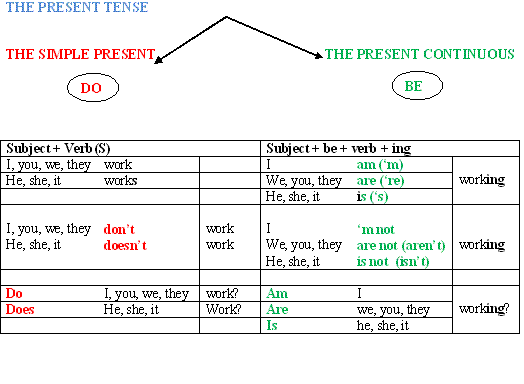I. Después de un verbo:
I call her every day. La llamo todos los días.
II. Después de una preposición:
The present is for her. El regalo es para ella.
| Subject Pronouns | Object Pronouns | ||
| I | I kicked the ball | me | John kicked the ball to me. |
| you | You like to study. | you | John wants to talk to you. |
| he | He eats green cheese. | him | Mary doesn’t like him. |
| she | She likes ice cream. | her | John kissed her. |
| it | It bit John. | it | John smashed it. |
| we | We enjoy going to the movies. | us | The politician lied to us. |
| you | You are the best students. | you | I wouldn’t lie to you. |
| they | They are not happy. | them | Mary didn’t invite them. |
Now practice
Exercise 1
Exercise 2
Exercise 3
Exercise 4
Exercise 5




